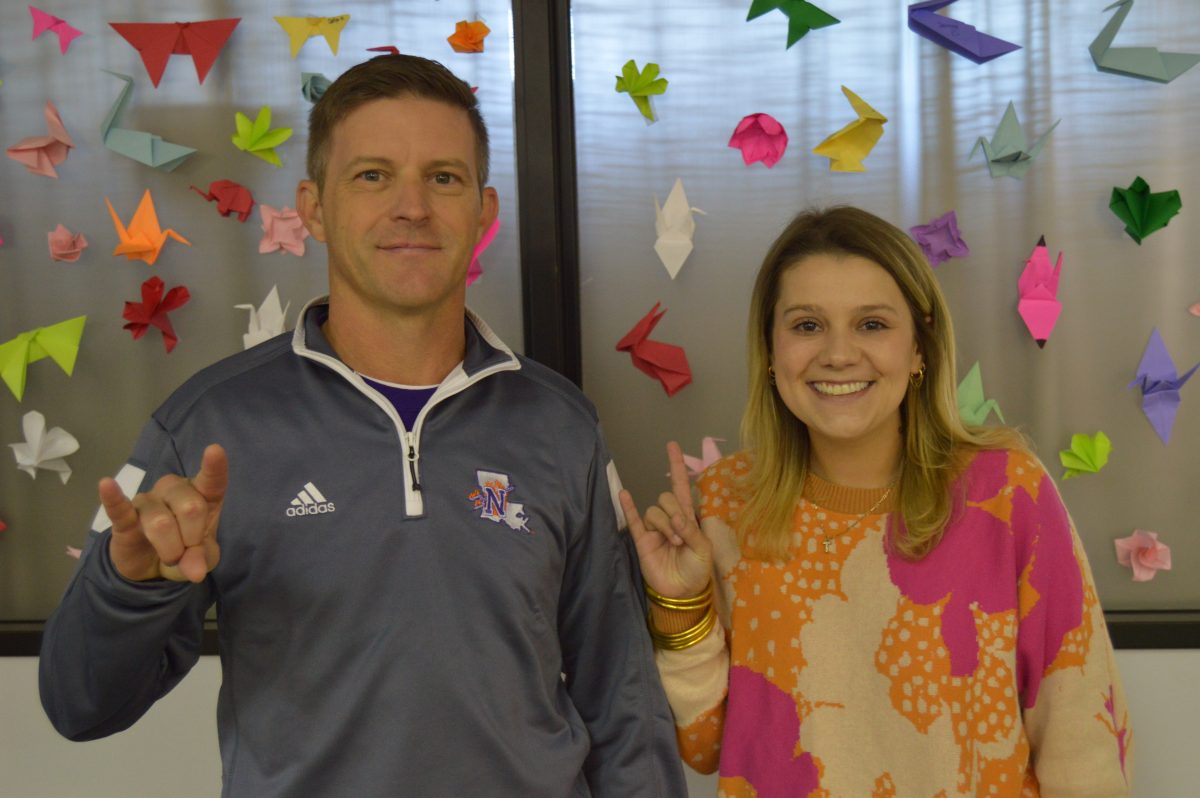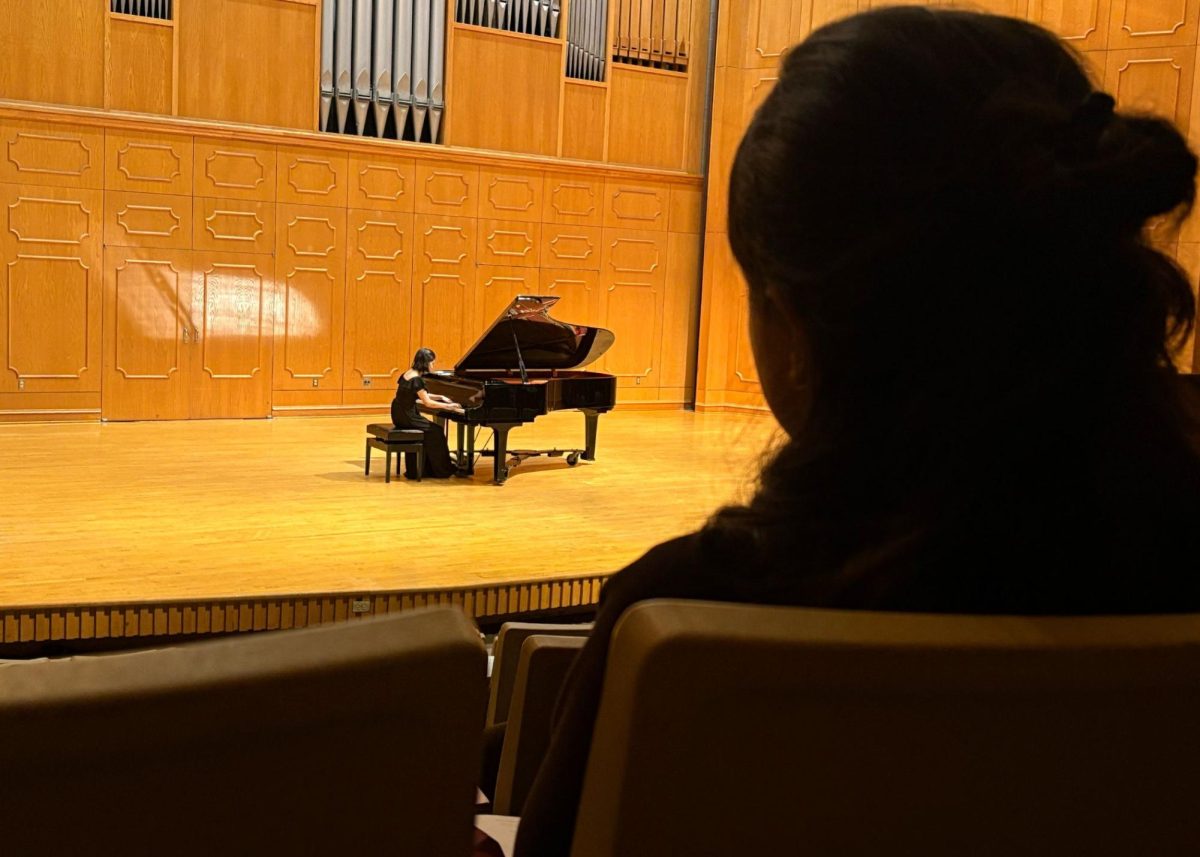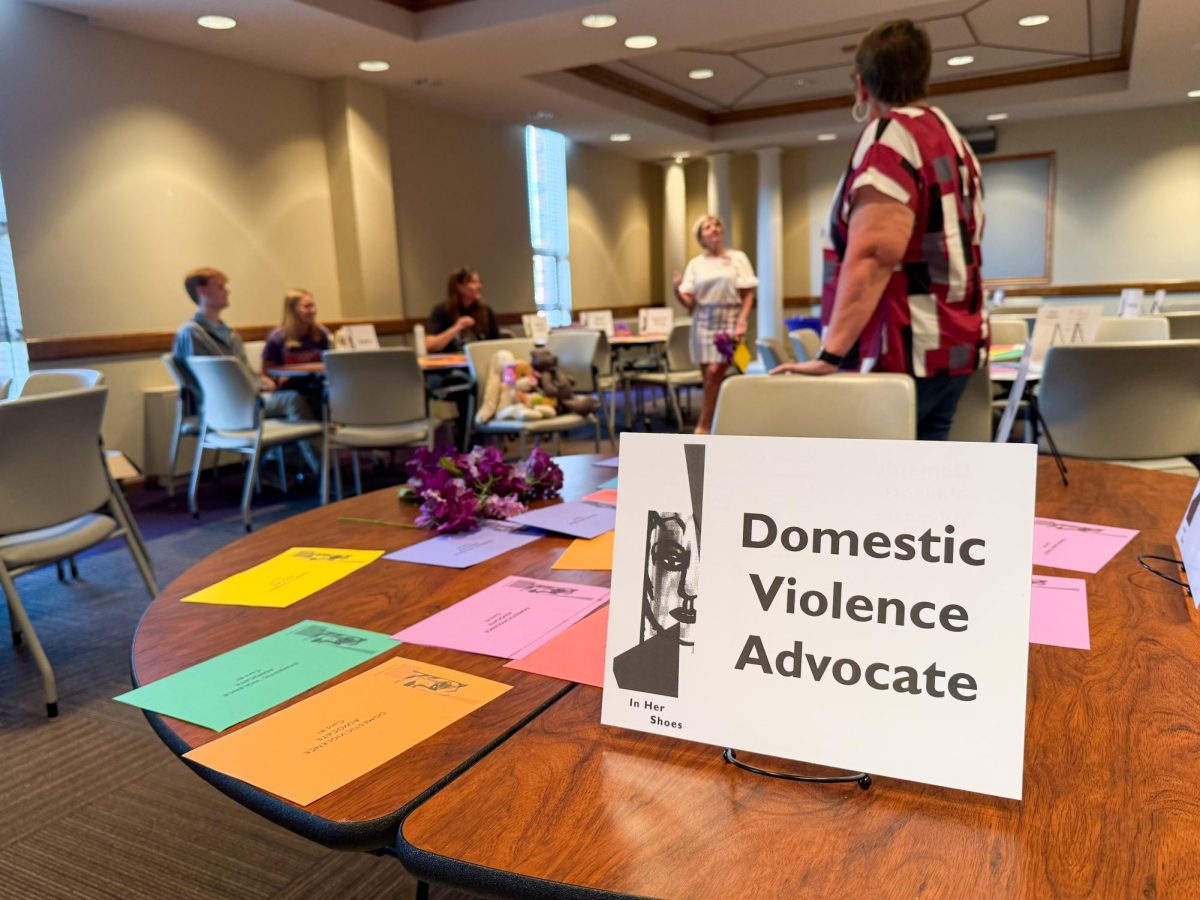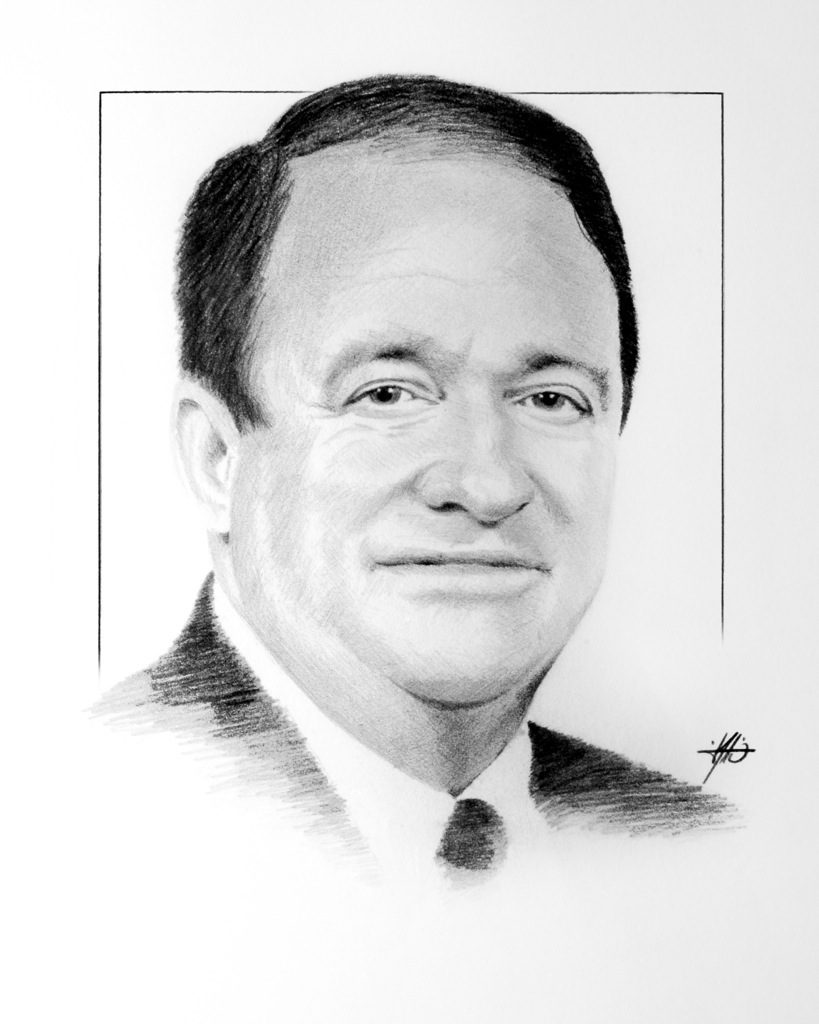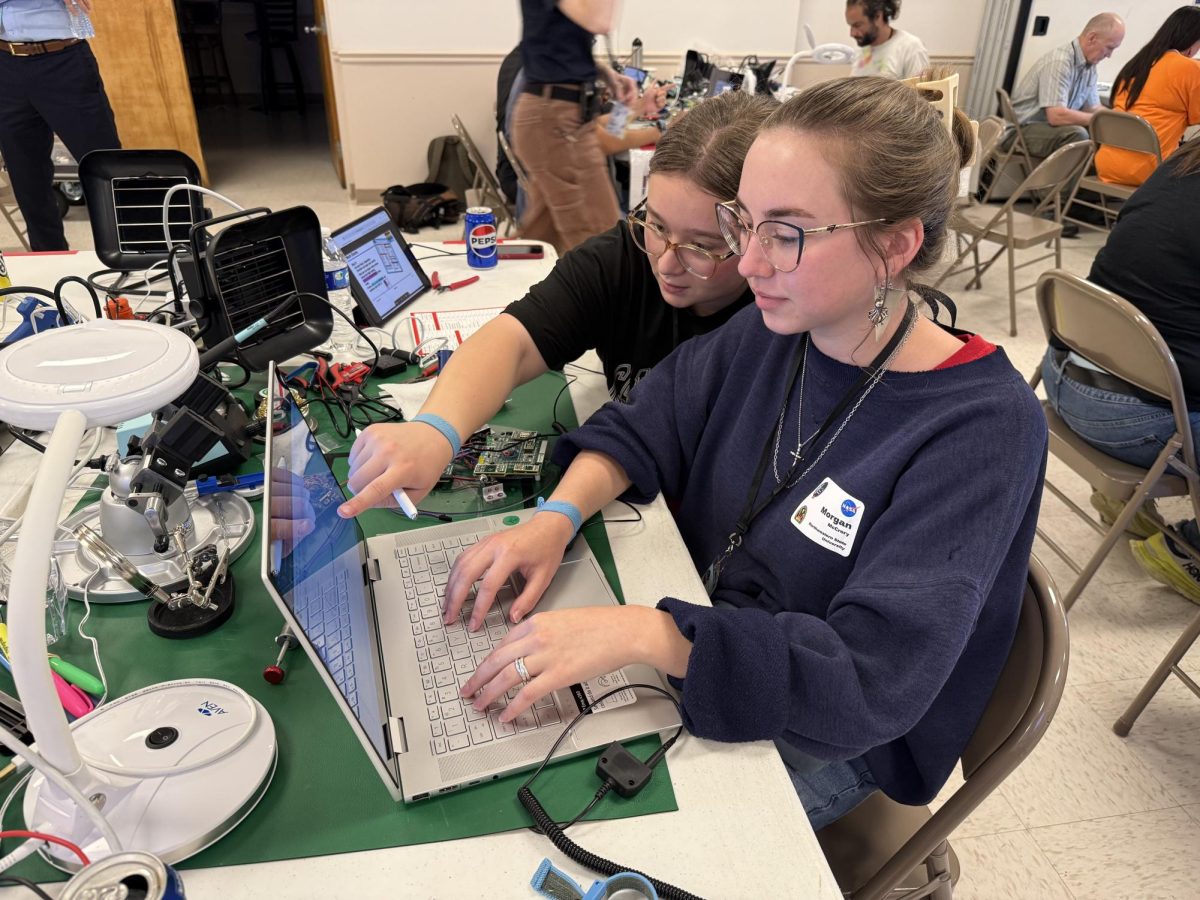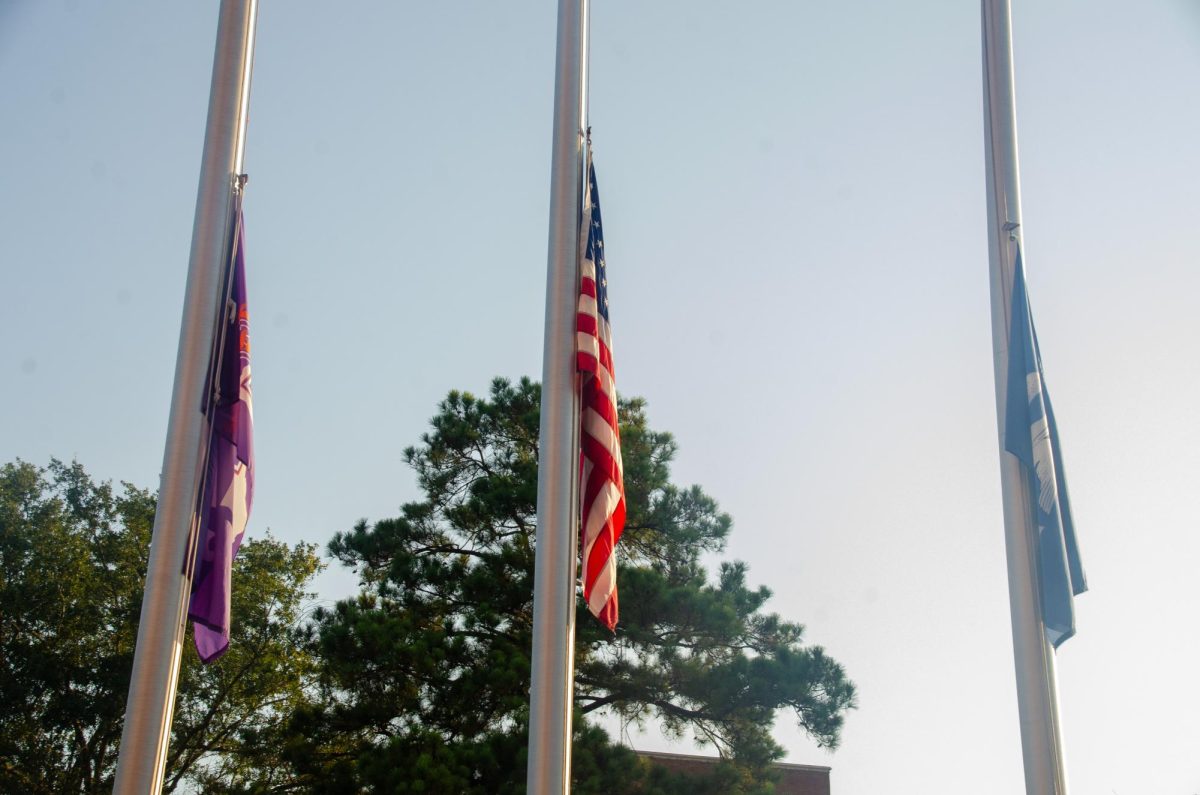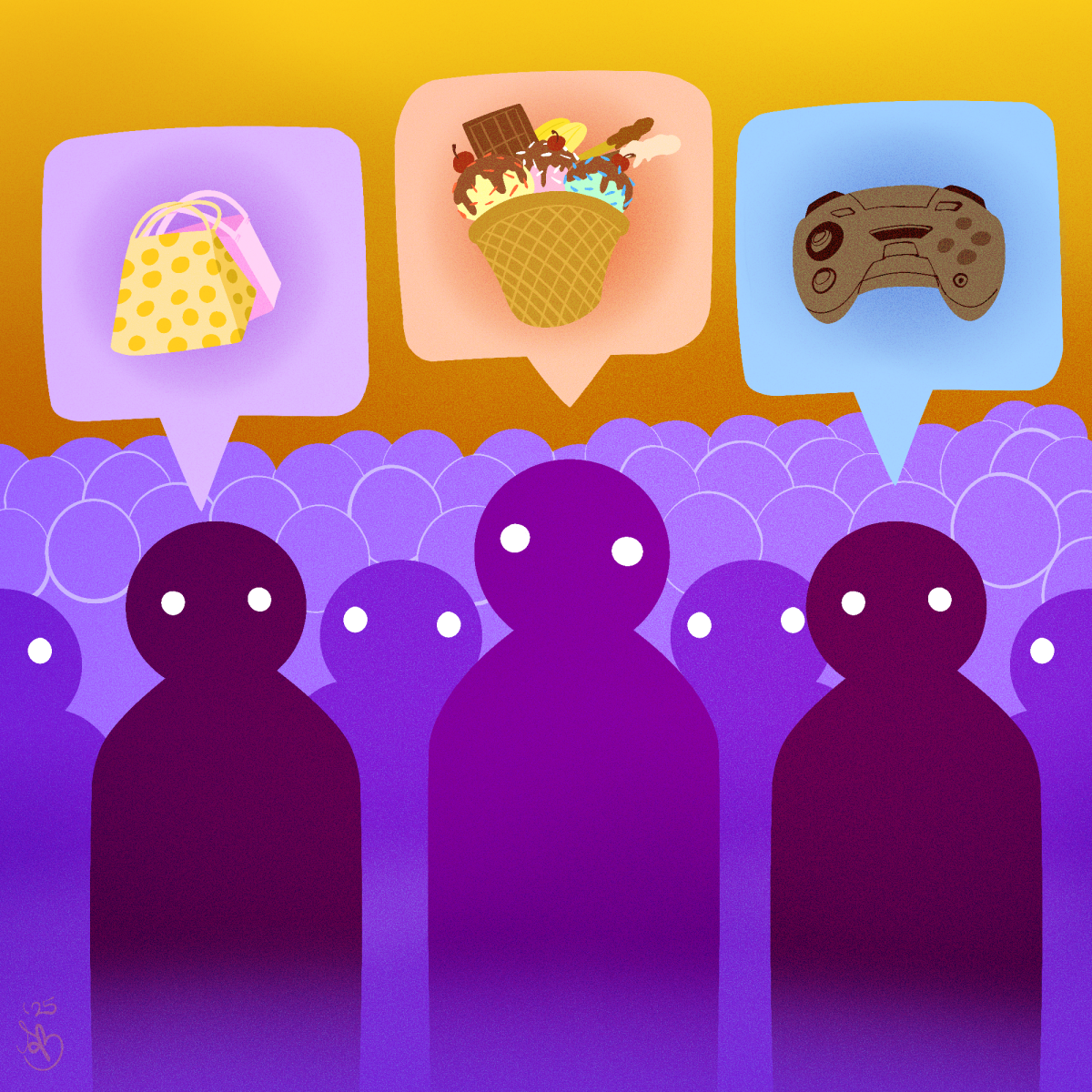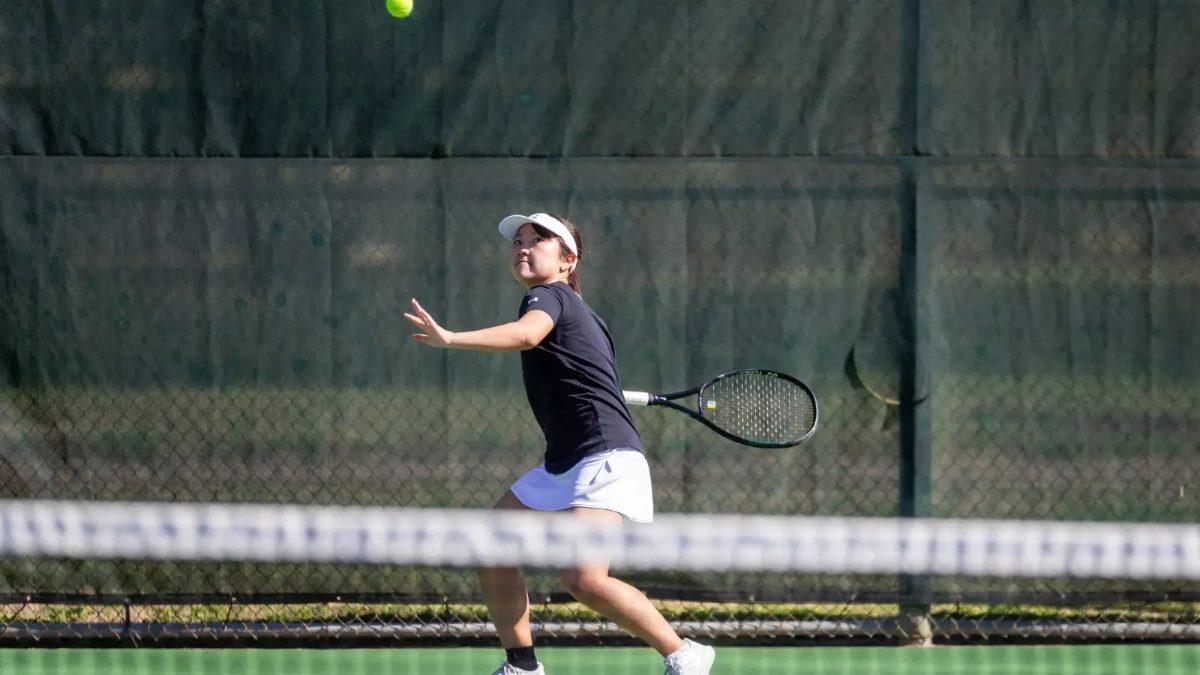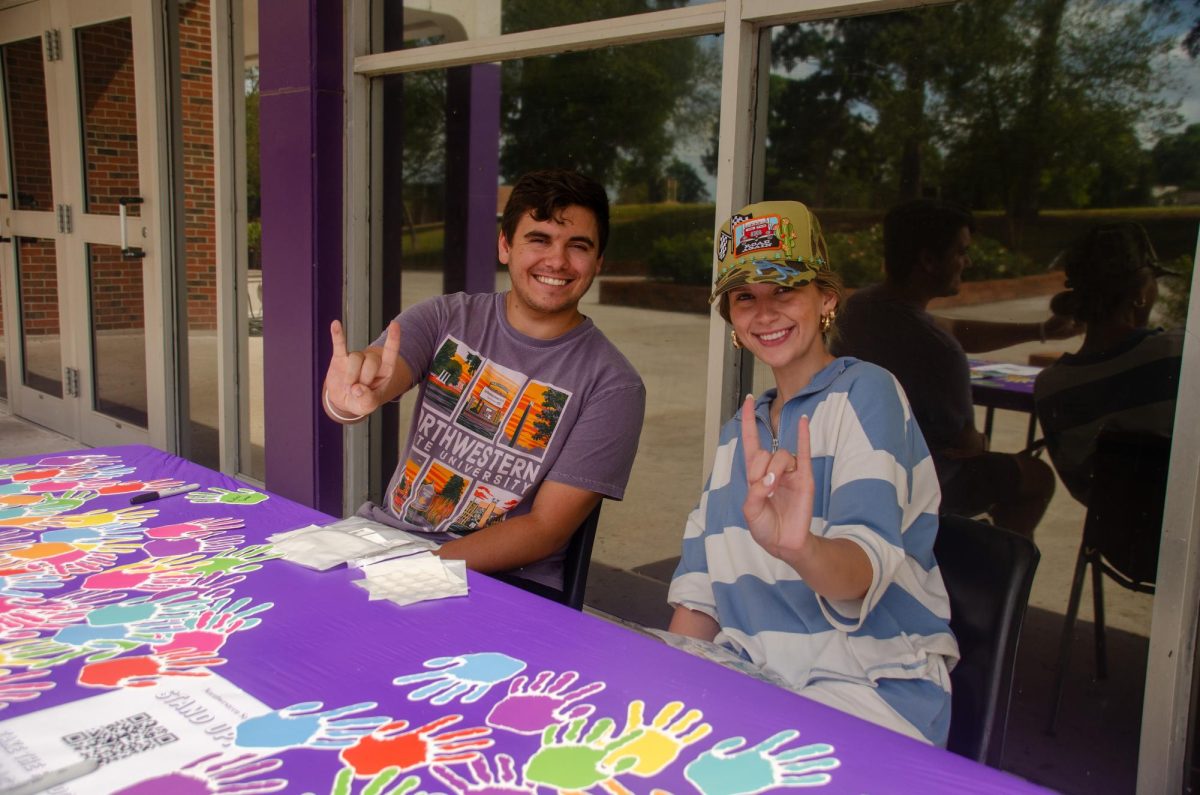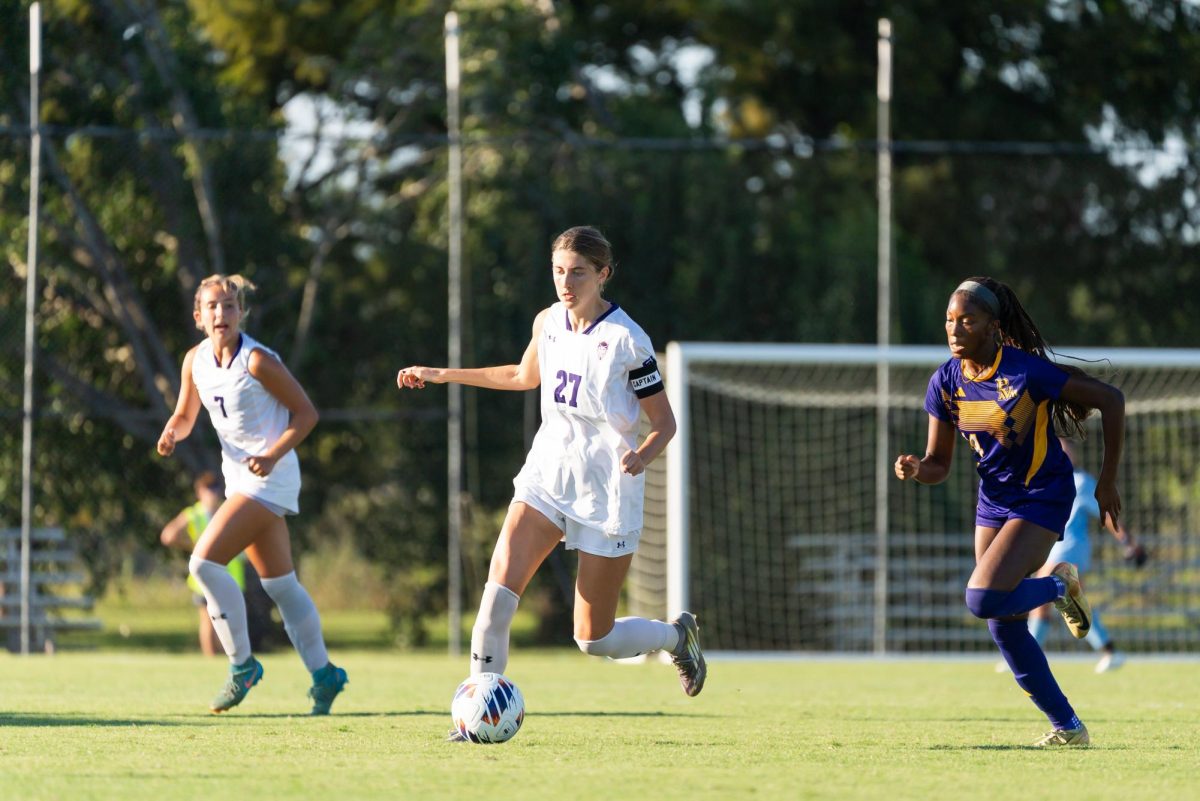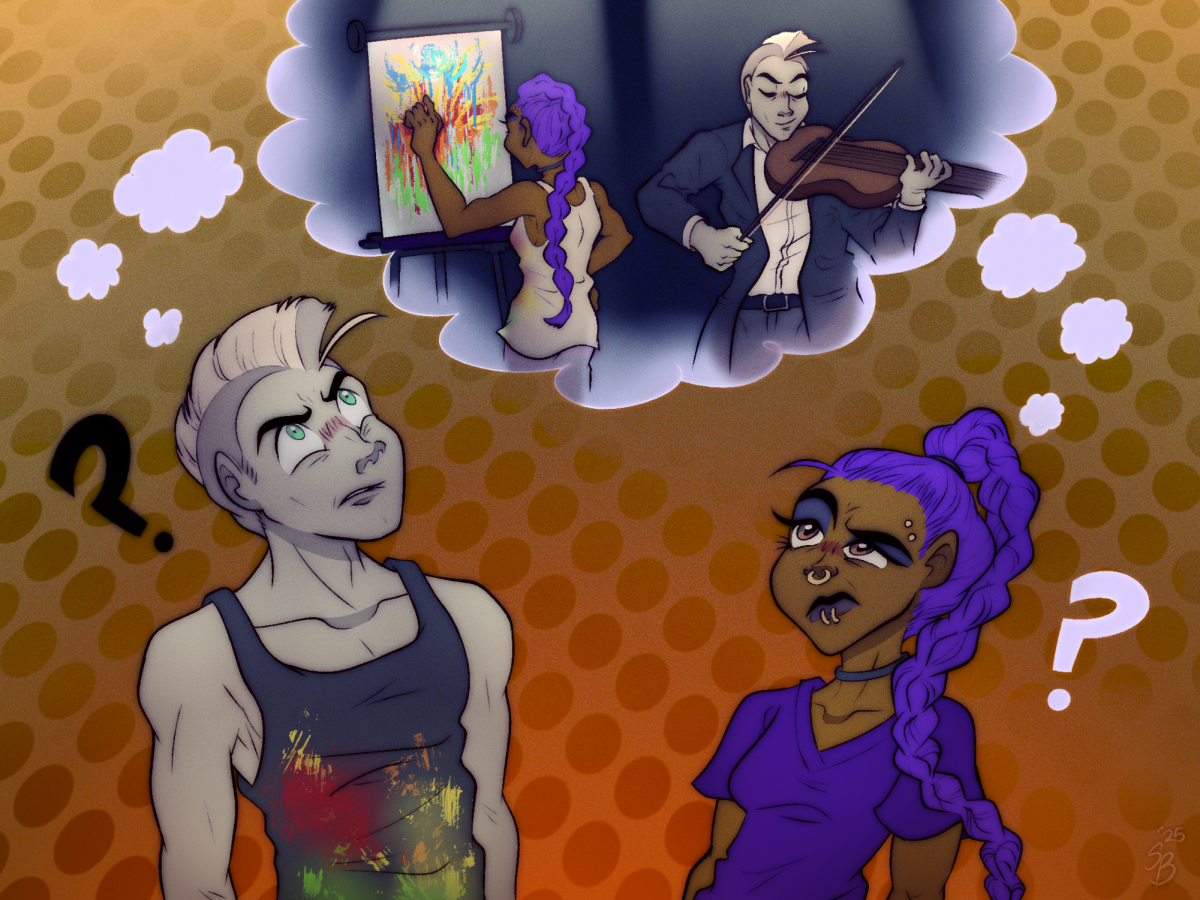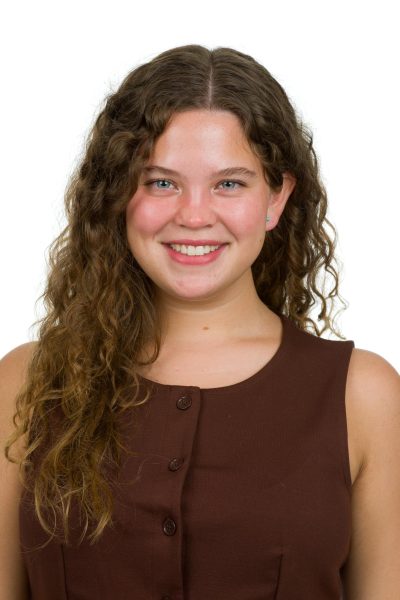Imagine, at Northwestern State University of Louisiana’s Eugene P. Watson Memorial Library, a group of students gathered to study together. However, one student was continuously getting distracted as others discussed their homework. A classmate notices the student has barely started the assignment and asks, “What have you been doing? Everybody else is almost done with the work.”
The response was, “I have ADHD, so it’s just really hard to keep focused sometimes. It’s no big deal – I’ll get it done eventually.” Concerned, the classmate replies “What about the test we have next week? You only have 50 minutes to complete that.” The reply was, “It’ll be fine – I’ve never been much of a good test-taker anyway.”
For many students, this scenario highlights the common struggles faced by those with invisible disabilities such as dyslexia, Attention Deficit Hyperactivity Disorder (ADHD), anxiety, depression and others. NSU’s Watson Library houses the Office of Accessibility and Disability Support (OADS), which has a goal to make sure all students have the opportunity to graduate with a degree.
Taylor Camidge, the director of OADS, shared that students often do not realize OADS can provide services to help them.
“On a daily occurrence, students will just casually bring up that they’re struggling with ADHD but then don’t know that that qualifies as a disability,” Camidge said.
Many students are unaware that these disabilities can allow them accommodations such as extended test time, a distraction-reduced testing environment or access to a calculator, which might not be allowed in a typical classroom.
“Our office is the main resource and issuing center for any student with a disability who needs accommodations, we will set them up for them,” Camidge said. “ If students know what they need, we can help them provide the documentation or if they’re ever seeking documentation, we can also help get those referrals made or get them set up with someone who can provide that diagnosis information.”
The purpose of OADS is to assist students with disabilities and raise awareness among those who might not even know that they have a disability. However, these accommodations are not exclusively applicable to any individuals without psychological and learning disabilities.
“Some accommodations may be the whole time a student is pursuing a degree or may be temporary because of healing from an injury, surgery or pregnancy,” Landon Amberg, OADS coordinator, said. Accommodations for transportation, such as a shuttle bus or even a golf cart are examples of what is available to students with physical disabilities.
In addition to these accommodations, students are also given some extra advantages.
“Students registered with our office get to register for classes on the first day of early registration,” Amberg said.
C.J. Paligo, a junior communication major, has utilized the services provided by OADS. “It’s the right thing for people like me who are disabled,” Paligo said. Paligo struggles with typing and writing due to his disability, but OADS helps him to work to his fullest potential.
“They have given more time on my tests if I want it, permission to turn in my work sloppy, the recorder, and recommended Glean,” Paligo said. Glean is a website that converts voice recordings into transcripts. This way, typing is made much easier for Paligo, and he found this program thanks to the OADS.
“I know that there are some people out there who try to push themselves and say ‘I have this disability, but I can fit in with the normal people’. That’s fine–I was like that for a whole long time,” Paligo said. “I just want you to know that OADS is out there, OADS is built for you.”
Bailey Gaspard, a senior English major and student worker at OADS, expressed her enthusiasm for the program. “It’s really great to see that Ms. Camidge has been able to take this department and completely turn it into something that is actually a valuable resource,” Gaspard said. Having the benefits of OADS accommodations herself, she understands the program’s importance and takes pride in the program as proper accessibility is important to her.
“I’m really passionate about this because I have a brother who is on the autism spectrum, and I’ve watched him grow up and struggle with certain things, specifically reading. It really lit a fire under me because reading is something I love, but I know reading is a chore to him because it’s hard to comprehend,” Gaspard said. Her personal and work experience at OADS has led to her passion for accessibility for all, regardless of their disabilities.
“Some things don’t come easy to everybody–Everybody learns differently. It doesn’t make you less of a person. It doesn’t make you unequal. It just means that you have an alternative learning style, and that’s okay,” Gaspard said.
For students who feel OADS could be of assistance to them but are uncertain about joining, Gaspard recommends attending events hosted by OADS. “Ultimately, the Office’s goal is to see students succeed,” Gaspard said. “I think if you’re afraid or you’re not somebody who’s vocal or upfront about how you feel, but you know you might need help, I would just suggest following us on social media to keep up with events.”
In the Watson Library, next to the Academic Success Center, the Office hosts monthly events like ‘Origami with OADS,’ open to all. Their next event is Nov. 13 at 6:30 p.m., where students can interact with peers, student workers and staff while learning origami in a safe, comfortable environment.





















